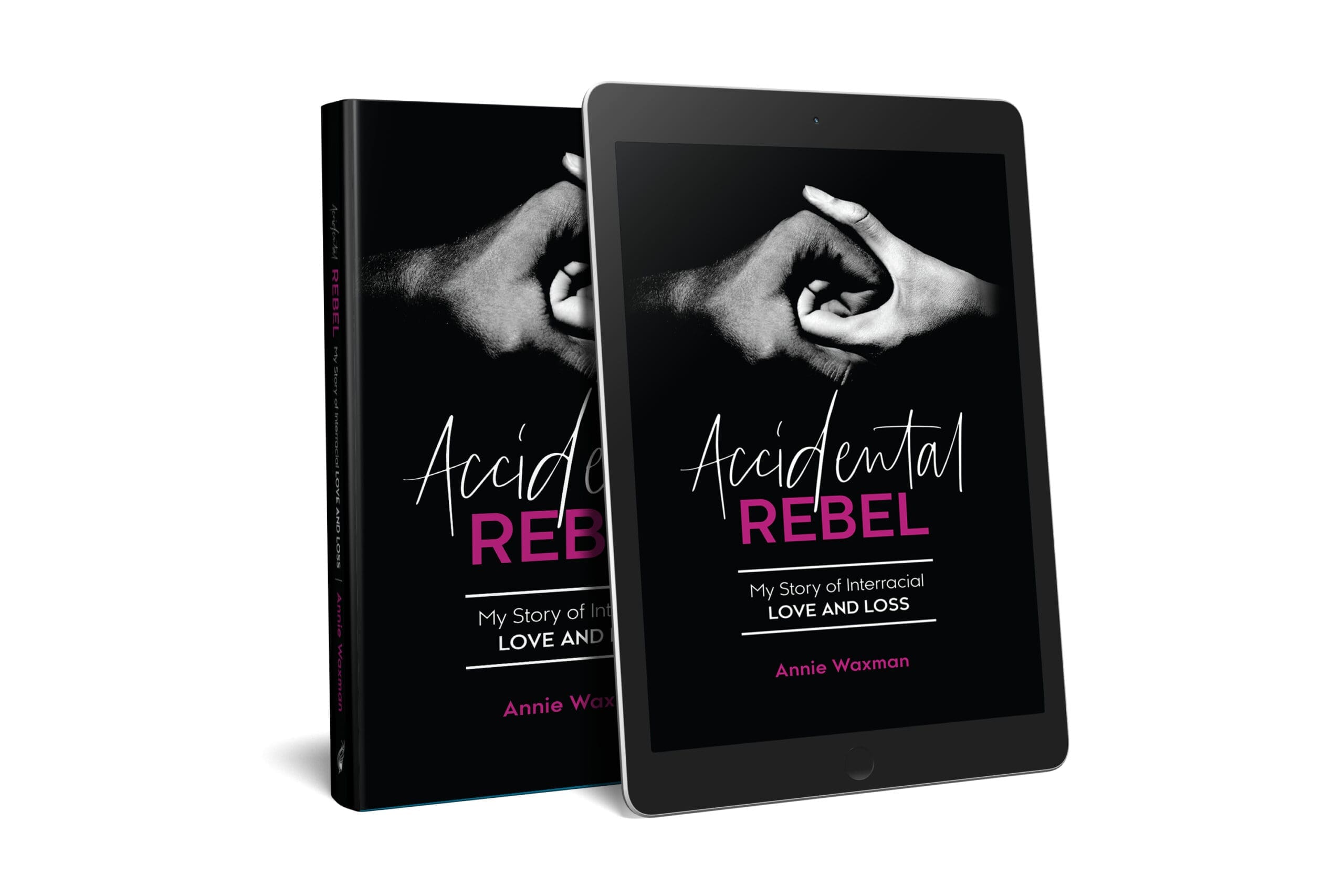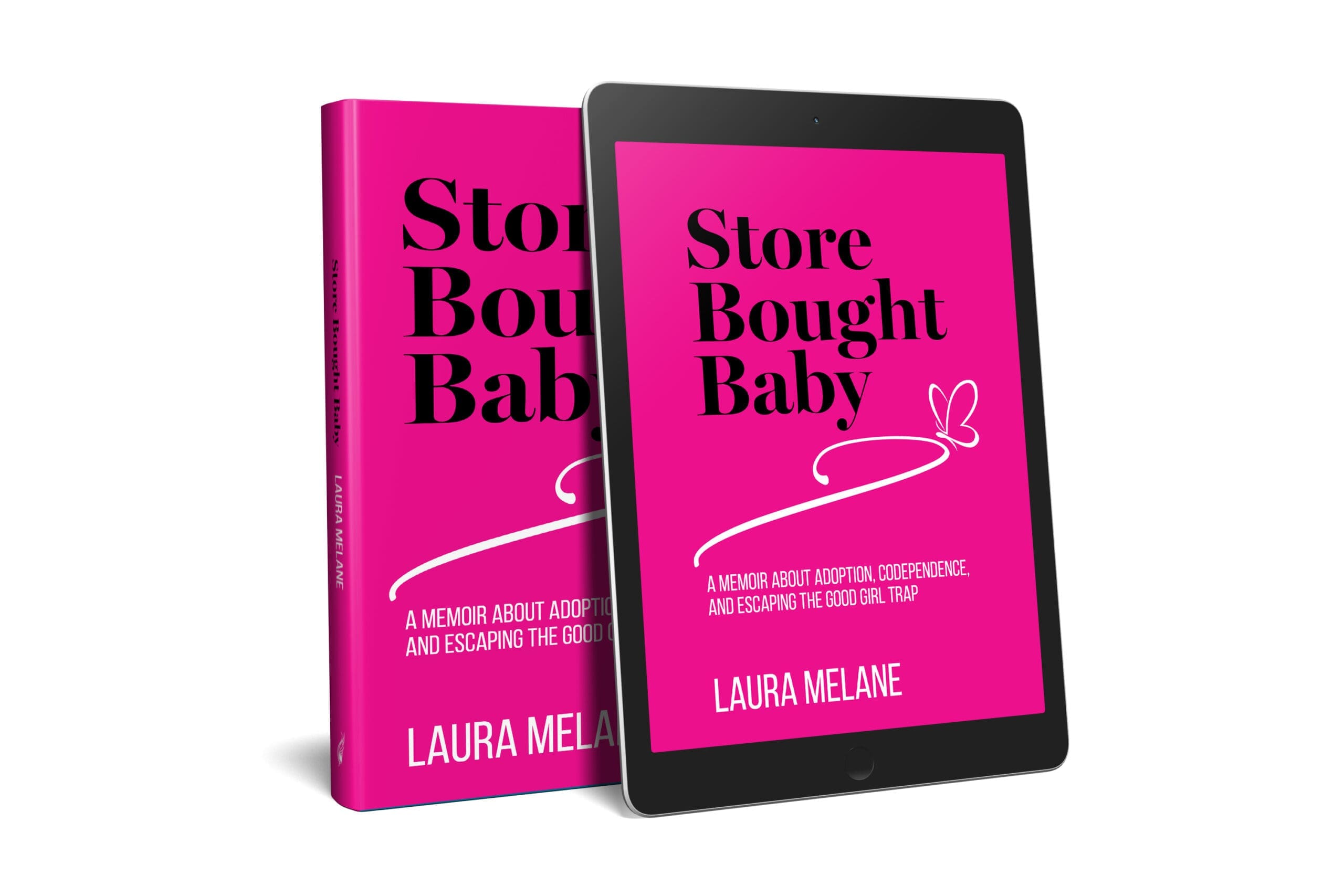I never set out to be a rebel, to shatter the social norms of 1960s Kentucky, but despite myself, that’s what I became: an accidental rebel. And I did so by doing what sixteen-year-olds the world over have done time immemorial.
I fell in love.
But the guy I fell in love with—James—was Black in a time and place where such a relationship was still taboo to the point of revulsion for way too many of our fellow townspeople—including my own parents. That was our mortal sin, according to the town we both lived in, our shame, that we dared to date “across the color line,” as many in the town would have put it. What happened to me and James changed our lives forever. I’m still dealing with the fallout more than fifty years later, though James and I are no longer together. I have more than fifteen years of therapy under my belt, and I’m not finished yet.
I shouldn’t—and won’t—speak for James. He’s a private man who has his own demons and keeps his own counsel, and I doubt he’ll ever tell his side of the story. I’m not speaking for my sisters either, who are still alive, or my parents, who are not. This is my part of the story, the story I need to tell to understand the trauma of what happened to me when I dared to date a Black man in a small town in Kentucky in the late 1960s and how it shaped me into who I am today.
Before I tell my story, if I’m going to tell it with any degree of accuracy, I have to reveal unpleasant truths—about the town I grew up in, about my family, and even about me. I don’t intend to offend anyone, but I’m not going to let anyone off the hook either, least of all myself. With the benefit of hindsight, I realize now that when I was with James, I sometimes thought and acted in ways that were influenced by the racism I was brought up with, that just because I dated and married a Black man didn’t mean I was automatically freed from my position of privilege and biases as a White woman born into a wealthy family.
Many of my decisions were informed by that privilege. I wasn’t always aware enough to consider James’s perspective as a Black man. Our state had legalized interracial marriages just two years before we started dating. I didn’t know about that law then, and even if I had, I’m not sure I would have understood the implications—that, of the two of us, James was in much greater danger of violence than I was. (Although I experienced my own trauma as the result of our relationship.)
It was an ugly time in the country in many ways, but things were changing. Unfortunately, they didn’t change fast enough to keep me from getting caught between the rock and the hard place of racism and misogyny.



